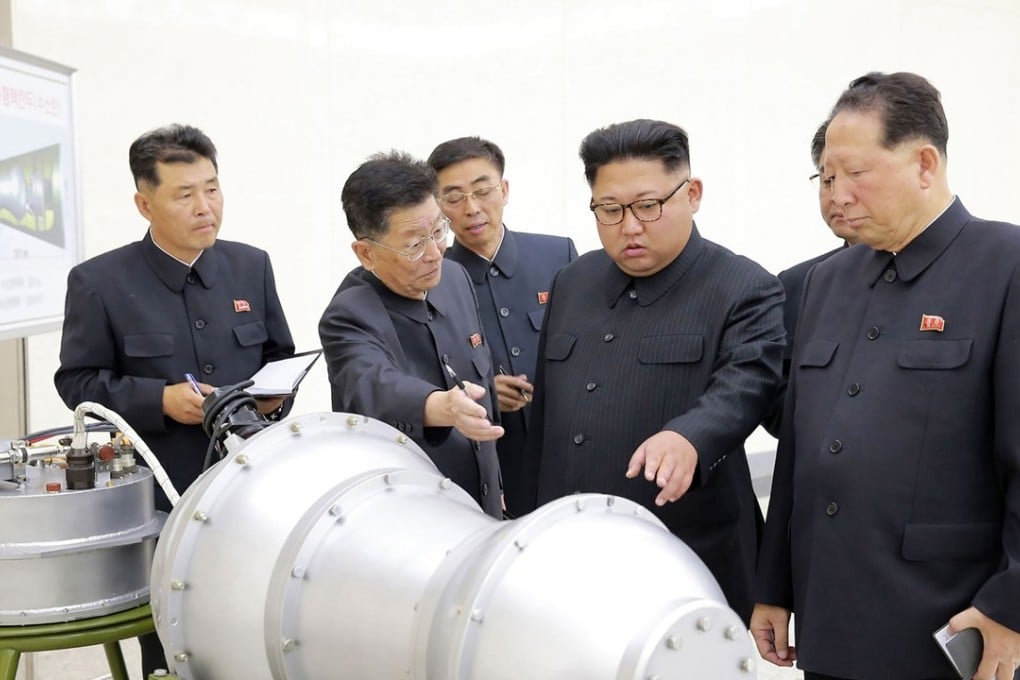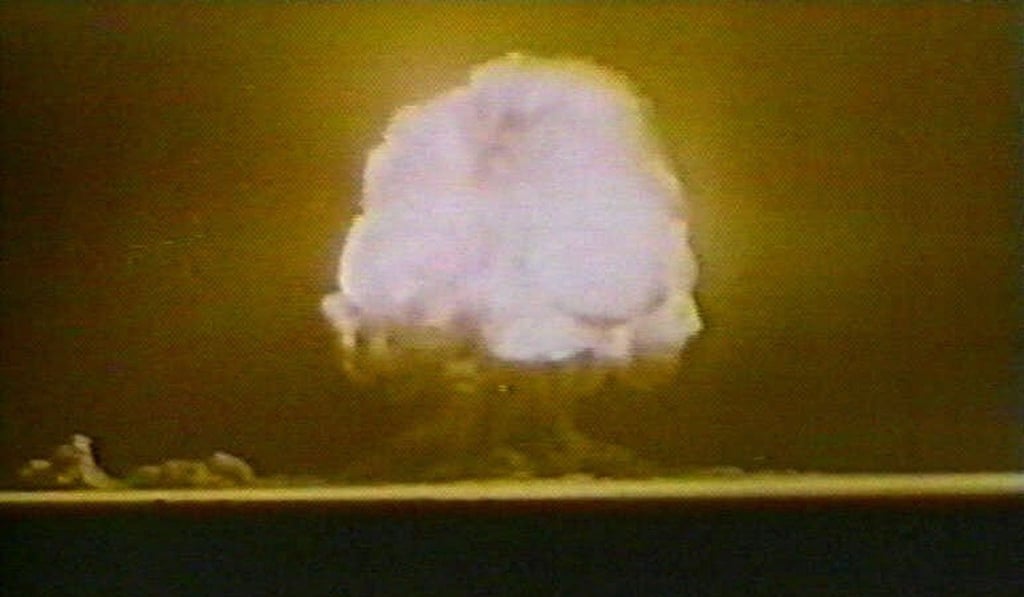A North Korean hydrogen bomb test in Pacific Ocean could bring ‘terrifying’ fallout, expert says
‘No one has tested above ground for decades,’ said David Albright, president of the Institute for Science and International Security

A hydrogen bomb test in the Pacific Ocean that North Korean leader Kim Jong-un promised would be the strongest “hard-line countermeasure” ever launched against the US could bring horrible radioactive effects, aggressive responses and lead to war, nuclear experts warned.
David Albright, founder and president of the Washington-based Institute for Science and International Security, said on Friday that the potential radioactive fallout of such a test could be “terrifying”.
“No one has tested above ground for decades,” Albright said, referring to the US’ detonation of the world’s first hydrogen bomb in the South Pacific in the 1950s.
If North Korea conducted its test successfully, tensions would escalate dramatically, he told the South China Morning Post in an email.
“I would suspect that many would start to demand an end to the regime, not just sanctions leading to negotiations,” he said.
